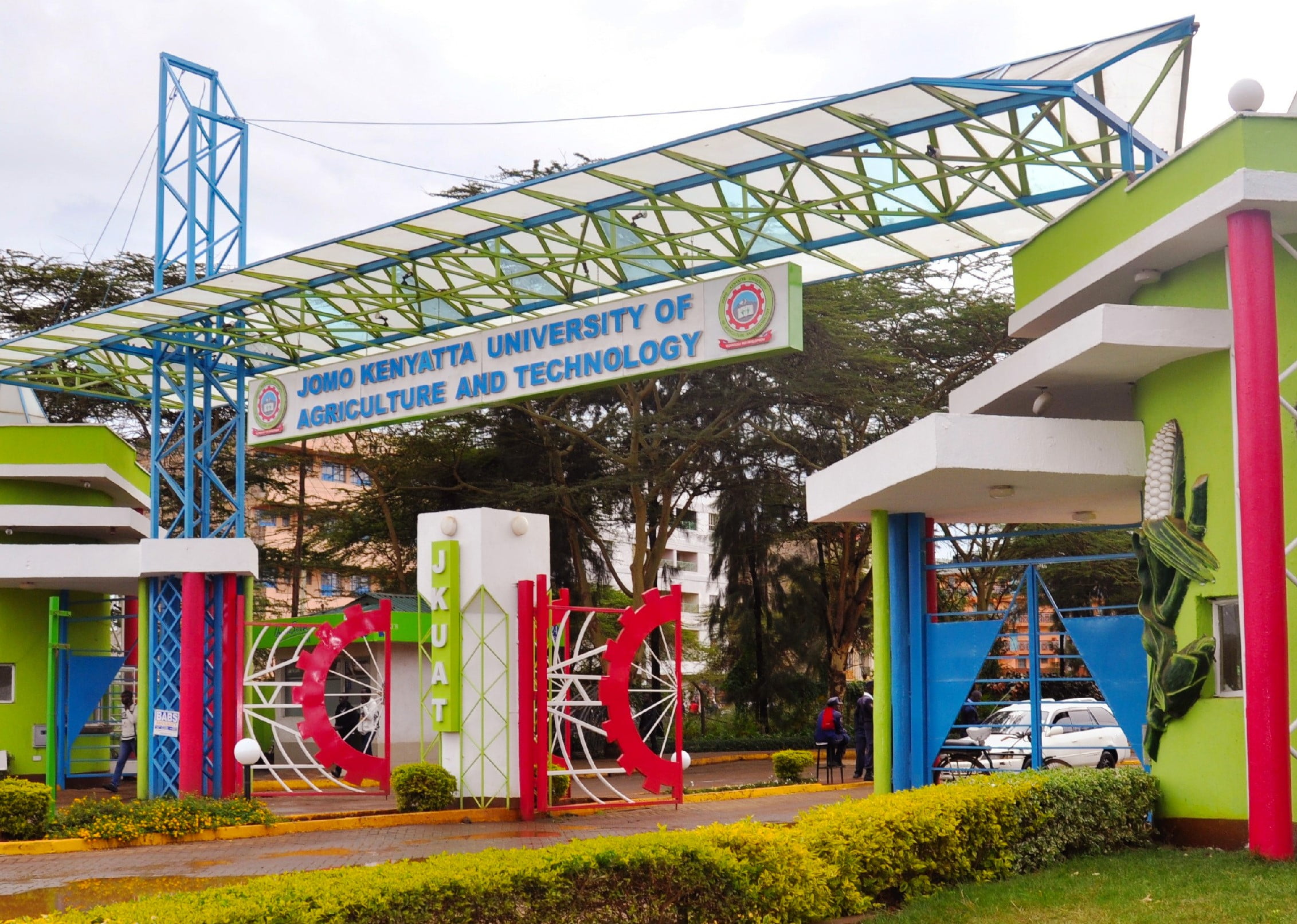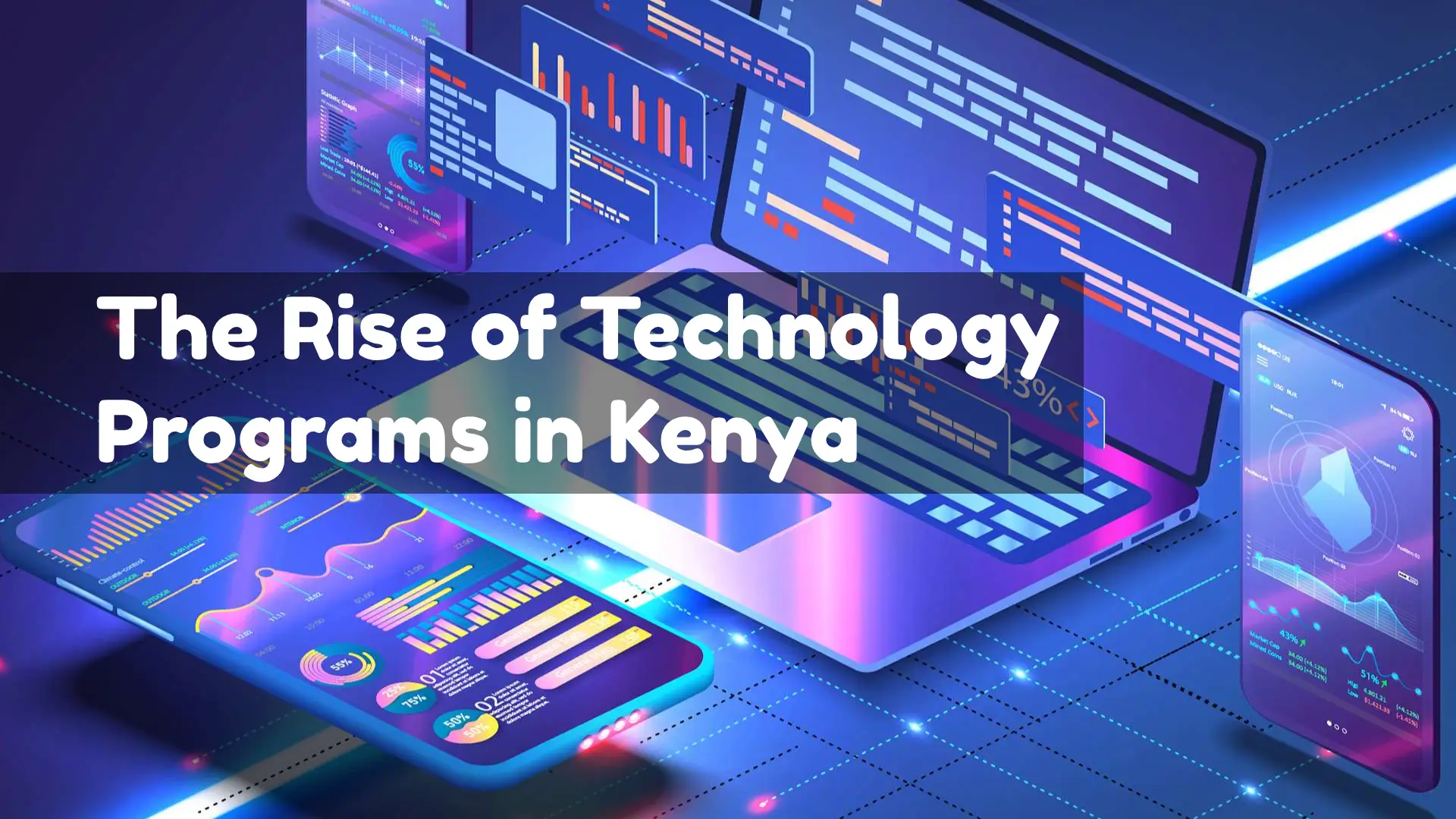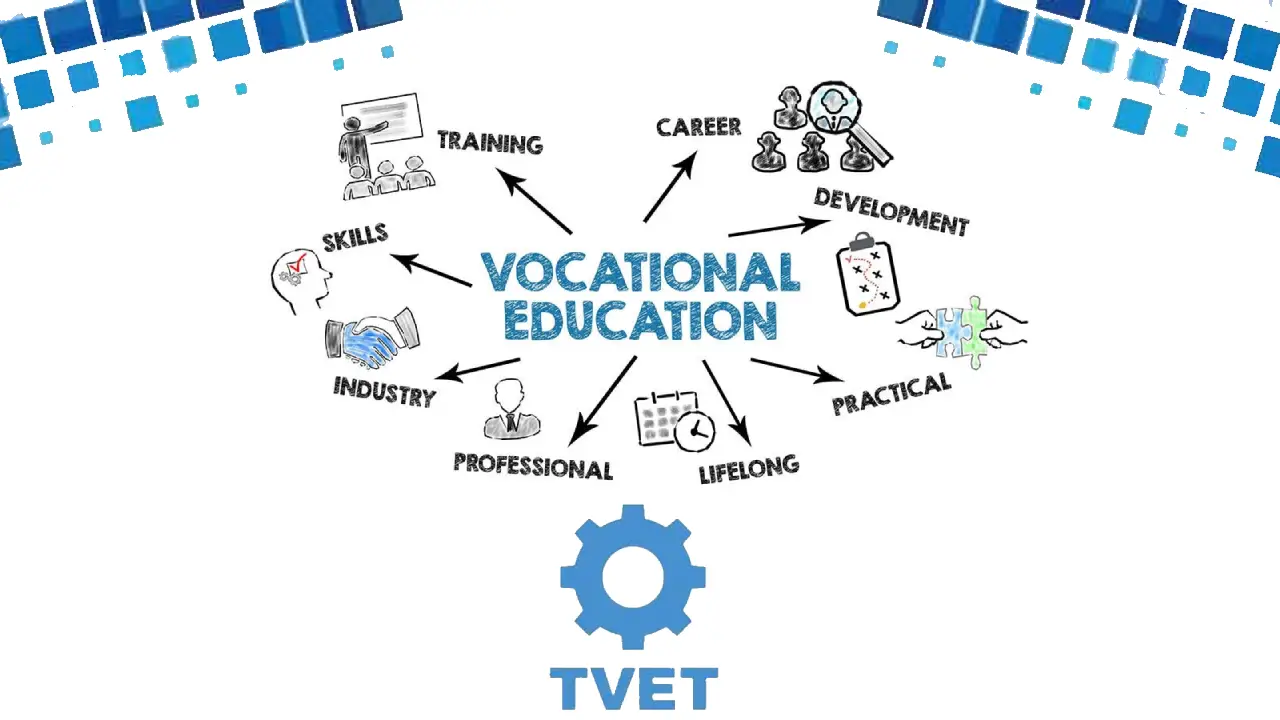Technology
Engineering Excellence at Jomo Kenyatta University of Agriculture and Technology (JKUAT)
Jomo Kenyatta University of Agriculture and Technology stands out in Kenya's engineering education landscape due to its accredited programs, comprehensive curriculum, state-of-the-art facilities, focus on research and innovation, strong industry collaborations, global recognition, and commitment to professional development.
By Samuel |
Published on 11-Dec-2024

Jomo Kenyatta University of Agriculture and Technology (JKUAT), established in 1994, has grown into one of Kenya’s premier institutions for engineering education, recognized across East Africa and beyond for its academic rigor, research contributions, and commitment to technological innovation. Based in Juja, Kenya, the university offers a wide range of engineering programs designed to equip students with the skills needed to address the challenges of the modern world, especially in a region poised for rapid growth in industrialization, infrastructure development, and technological advancement. JKUAT stands out for its blend of theoretical learning and practical application, ensuring that graduates are ready to meet industry needs in both Kenya and internationally.
The College of Engineering and Technology (CoETEC) at JKUAT plays a central role in shaping future engineers. Known for its extensive training programs, CoETEC provides a conducive environment for learning, including well-equipped laboratories and workshops that enable students to gain hands-on experience. This integration of practical skills with academic knowledge ensures that JKUAT’s engineering graduates are among the most sought-after professionals in the industry.
A Holistic Approach to Engineering Education
Engineering education at JKUAT is designed to provide students with both the technical skills required to solve complex engineering problems and the ethical grounding necessary for responsible leadership. The university places a strong emphasis on research and innovation, promoting an environment where students, faculty, and industry collaborators engage in projects that push the boundaries of what is possible in engineering. These initiatives focus on applying cutting-edge technology to address real-world challenges, with a particular emphasis on sustainable solutions that align with national development goals.
JKUAT’s engineering programs aim to not only train technically proficient engineers but also leaders capable of driving change in their respective fields. The university's curriculum includes both undergraduate and postgraduate programs that span various engineering disciplines. The curriculum is continuously updated to incorporate the latest trends in the industry and technological advancements, ensuring that students receive relevant, forward-thinking education.
Diverse Engineering Programs at JKUAT
One of the most impressive features of JKUAT’s engineering education is the breadth of programs offered across different engineering disciplines. The university’s comprehensive approach to engineering education ensures that students can specialize in areas of their interest while gaining a broad understanding of engineering concepts. Below are some of the key engineering disciplines offered at JKUAT:
School of Civil, Environmental, and Geomatic Engineering
The School of Civil, Environmental, and Geomatic Engineering offers both undergraduate and postgraduate programs designed to equip students with the knowledge and skills to excel in construction, infrastructure development, and environmental management. Programs offered include:
- BSc in Civil Engineering
- BSc in Geomatic Engineering
- MSc in Structural Engineering
- MSc in Water Engineering
These programs prepare students to design, build, and maintain critical infrastructure while focusing on sustainable practices in construction and environmental management.
School of Electrical, Electronic, and Information Engineering
As the world becomes increasingly reliant on technology, the demand for skilled electrical and electronics engineers has grown exponentially. The School of Electrical, Electronic, and Information Engineering at JKUAT offers the following programs:
- BSc in Electrical and Electronic Engineering
- BSc in Telecommunication and Information Engineering
- MSc in Electrical Engineering
- PhD in Electrical Engineering
The curriculum emphasizes both the theoretical and practical aspects of electrical engineering, telecommunication, and information systems, preparing students to become experts in developing cutting-edge technologies.
School of Mechanical, Manufacturing, and Materials Engineering
The School of Mechanical, Manufacturing, and Materials Engineering provides students with the technical know-how to address challenges in product design, manufacturing, and material sciences. Programs include:
- BSc in Mechanical Engineering
- BSc in Mechatronic Engineering
- MSc in Mechanical Engineering
- PhD in Mechanical Engineering
These programs prepare students for careers in industries ranging from aerospace to robotics, automotive engineering, and sustainable manufacturing.
School of Biosystems and Environmental Engineering
As the global focus shifts toward sustainability, the demand for engineers with expertise in biosystems and environmental issues has surged. This school offers:
- BSc in Agricultural Engineering
- BSc in Soil, Water & Environmental Engineering
- MSc in Environmental Management
These programs prepare students to address key issues such as food security, water conservation, and environmental protection, areas of critical importance to Kenya and the wider world.
Research and Innovation: Driving Technological Advancement
JKUAT places a strong emphasis on research as a core component of its engineering programs. The university is committed to producing engineers who not only understand the technical aspects of their field but who also contribute to pushing the boundaries of engineering knowledge. This focus on research and innovation ensures that JKUAT’s engineering graduates are well-prepared to engage with the rapidly evolving technological landscape.
JKUAT’s engineering programs encourage students to participate in research projects that address current challenges in various sectors. Some of the university’s notable research initiatives have focused on advanced manufacturing techniques, sustainable energy solutions, and cutting-edge applications in laser technology. For instance, recent projects related to laser applications in manufacturing processes aim to enhance efficiency and reduce production costs. Additionally, the university’s collaboration with international research institutions helps enhance the quality of research output, positioning JKUAT as a leader in engineering research in East Africa.
Industry Partnerships: Enhancing Learning and Employability
A unique feature of JKUAT’s engineering programs is its strong ties with the industry. The university has established valuable partnerships with local and international organizations, ensuring that students are exposed to real-world challenges and opportunities during their studies. These partnerships play a crucial role in ensuring that JKUAT’s curriculum is aligned with industry needs and that students gain relevant skills that enhance their employability.
Key aspects of JKUAT’s industry partnerships include:
Practical Experience Through Internships and Training
Industry collaborations enable JKUAT to offer students internships and on-the-job training, allowing them to apply theoretical knowledge in real-world settings. This hands-on experience enhances their problem-solving skills and prepares them for the workforce.
Curriculum Development and Relevance
Engaging with industry partners ensures that JKUAT’s engineering curriculum remains current and responsive to the evolving needs of the job market. Industry stakeholders provide insights into emerging trends and technological developments, which are incorporated into the academic programs.
Research Collaboration
JKUAT’s industry partnerships also facilitate joint research initiatives that address practical challenges. These collaborations not only enhance the university’s research capabilities but also give students the opportunity to work on projects that contribute to innovation in their fields.
Networking Opportunities
Through events, workshops, and seminars organized in collaboration with industry partners, students can network with professionals in their field. These interactions provide valuable connections that can lead to mentorship opportunities, job placements, and career advancement.
Enhanced Job Placement Rates
The strong industry ties that JKUAT has cultivated contribute to high job placement rates for graduates. Employers recognize the value of JKUAT’s graduates, knowing that they are equipped with the skills and experience necessary to succeed in their careers.
Accreditation and Recognition
All engineering programs at JKUAT are accredited by the Engineers Board of Kenya (EBK), ensuring that the university adheres to national standards for quality education. This accreditation enhances the credibility of the degrees awarded and makes JKUAT graduates highly marketable both within Kenya and internationally. The university’s commitment to maintaining high academic standards is evident in its continual efforts to improve and expand its engineering programs.
The JKUAT Advantage: Why Choose JKUAT?
Several factors contribute to JKUAT’s reputation as the leading institution for engineering education in Kenya and East Africa:
Accredited Programs
The university is accredited by the Engineers Board of Kenya (EBK), ensuring that all programs meet rigorous academic and industry standards. JKUAT is also the only university in Kenya that offers specialized programs such as BSc in Marine Engineering and BSc in Mining and Mineral Processing Engineering, fields that are crucial for Kenya’s economic development and industrialization.
Comprehensive and Up-to-Date Curriculum
The engineering programs at JKUAT are constantly updated to incorporate emerging technologies and address the evolving needs of the engineering sector. The curriculum is designed to prepare students for the challenges of tomorrow’s technological landscape.
State-of-the-Art Facilities
JKUAT boasts modern laboratories, workshops, and learning resources, allowing students to gain hands-on experience with advanced engineering tools and technologies. The CNC Lathe Machine workshop is just one example of the state-of-the-art equipment available to students, providing them with practical experience in advanced manufacturing processes.
Research and Innovation Focus
JKUAT emphasizes research in all its engineering programs. The university encourages students to engage in projects that address real-world challenges, particularly in areas like renewable energy, sustainable manufacturing, and technological innovation.
Global Recognition and Industry Collaboration
JKUAT is not only recognized within Kenya but also ranks highly among the top engineering institutions in Eastern Africa. The university has established strong collaborations with both local and international industry players, ensuring that students receive the best training and opportunities for professional development.
Commitment to Professional Development
The university supports students in their professional development through workshops, internships, and training programs aimed at preparing them for professional registration with the Engineers Board of Kenya. This ensures that JKUAT graduates are ready to step into professional roles with confidence.









